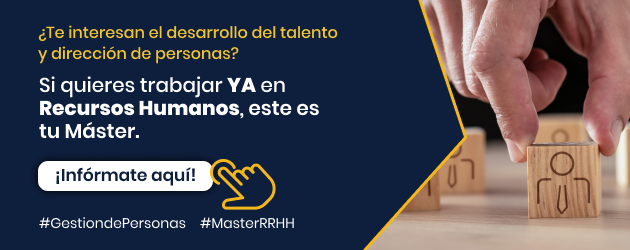My feeling, in these years of work history very focused on recruiting and evaluating Talent, is that sometimes, recruiters function a bit like Oracles, we declare that we have a “gift” that allows us to select the best candidates for a position, come on, we know how to capture that “feeling” immediately.
Influencing biases
Reality has shown us something else: interviewers make mistakes, There are biases that influence judgments and decisions. Because these biases operate unconscious, it is extremely difficult to control them, even if you are aware of their existence.
Perhaps some of them are familiar to you, such as “I trust the first impression”, that initial impression, whether positive or negative, that can influence subsequent evaluations, for example, extroverted behavior, as well as other aspects (physical appearance, clothing, etc.). …) can have their effect.

There are biases affinity, That is, we could have a “connection” with those candidates who present similar characteristics to ourselves. Some examples are: the candidate practices the same sport as us, studied at the same university, or has a similar career path to ours. our.
Get carried away by him halo effect It will make us focus attention on a positive aspect of the person, influencing their general evaluation. The halo effect can also go the other way, when a negative characteristic has an unfavorable influence, overshadowing any positive aspect.
Minimize negative effects
By recognizing and understanding these biases, it is possible to design an interview process that minimizes their negative effects. Use Structured interviews, with critical incident questions, will help us collect evidence about the candidate's behavior in a given context. Each evaluation must be justified and documented, which requires taking good notes on the answers that these candidates can give us.
The important thing here is to detect specific behaviors that took place in the past: This would be more reliable than the information we can obtain about future situations such as: How would you act when faced with a certain problem?
Biases can significantly reduce the quality of the information collected, and will limit us when evaluating the suitability of a professional for a specific job.
The skills and knowledge that are reflected in conducting a personal interview, during the development of the Master in Human Resources Management and Labor Management You will acquire them and become a professional in this field.




































